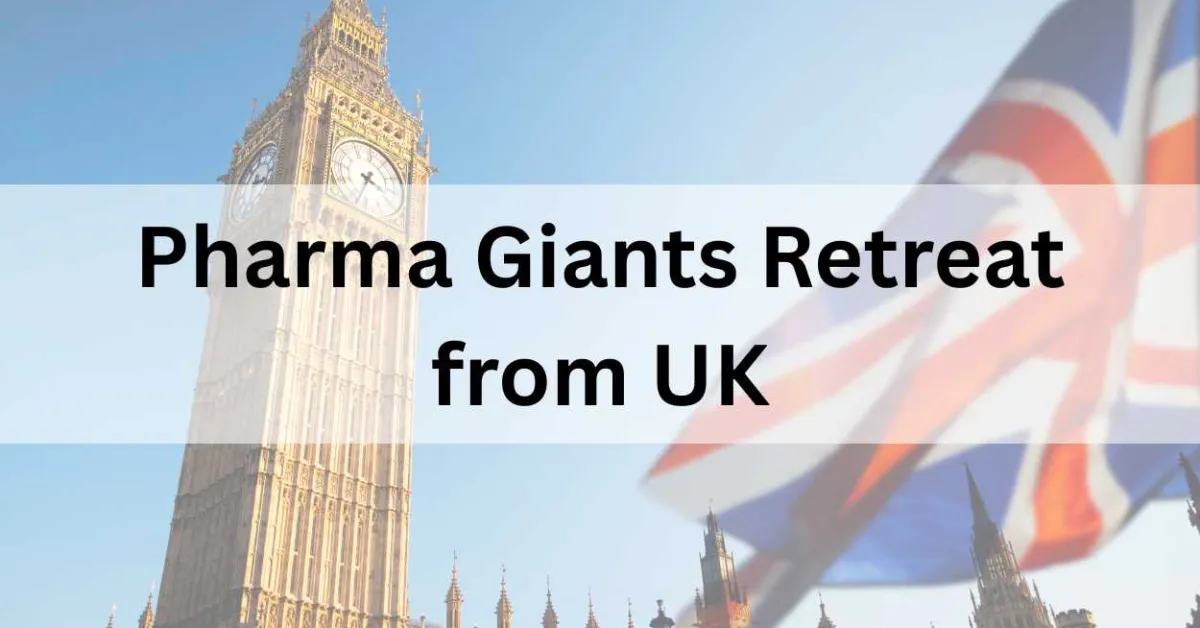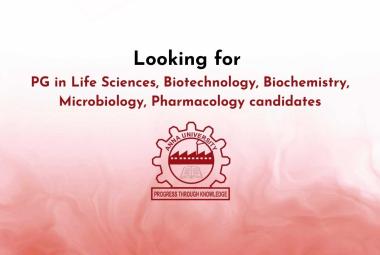The United Kingdom, long considered a hub for pharmaceutical innovation, is facing an exodus of major pharmaceutical companies. Over the last several months, some of the industry’s biggest names, including Merck (MSD), AstraZeneca, and Eli Lilly, have either cancelled or paused multi-million-pound projects, citing a commercial environment that no longer supports their investment strategies. Industry observers warn that this trend could erode the UK’s ambition to remain a global life sciences leader.
One of the most striking retreats came from Merck (MSD), which announced it would not proceed with its planned 1 billion pound research centre in London’s Knowledge Quarter. The project, designed to anchor collaborations with the Francis Crick Institute and create hundreds of research roles, will now be shelved, costing roughly 125 jobs (Nature, 2025). The company cited persistent concerns over the UK’s “lack of meaningful progress” in valuing innovation and providing a commercially viable environment. (Financial Times, 2025)
AstraZeneca has taken similar steps, pausing a planned pound 200 million expansion of its Cambridge R&D site. This follows its earlier decision to abandon a pound 450 million vaccine manufacturing investment in Liverpool. CEO Pascal Soriot has previously warned that high rebate and clawback rates on drug sales in the UK “undermine incentives” for long-term investment. (Reuters, 2025)
Other companies are also reconsidering their commitments. Eli Lilly and Sanofi have expressed similar frustrations with the UK market, which they see as undervaluing innovative medicines. In total, nearly 2 billion pound in planned pharma investment has been frozen or abandoned in 2025 alone. (Guardian, 2025a)
At the heart of the issue is the UK’s drug pricing and reimbursement system, which has come under sharp criticism. The so-called “clawback” scheme requires pharmaceutical firms to repay a significant share of their revenues from NHS sales. In 2024, this rate surged to around 24%, one of the highest in Europe. (Nature, 2025) For companies, this means reduced returns on high-risk R&D, a dealbreaker when compared with countries like Germany or France, where policies are more favorable. (Guardian, 2025b)
Another factor is declining public spending on medicines. A decade ago, around 15% of NHS healthcare spending went to medicines; today, that figure has dropped to just 9%. (Nature, 2025) Former UK Chief Scientific Adviser Patrick Vallance has stressed that unless spending is significantly increased, the UK risks losing its global standing in life sciences.
Industry leaders have been forthright in their criticism. Ben Lucas, Managing Director of MSD UK & Ireland, told Parliament that “the UK commercial operating environment does need to be addressed,” urging policymakers to act before more firms walk away. (Nature, 2025) Similarly, Sir John Bell, a leading life sciences advocate, warned that without urgent reforms, “big pharma will halt investments in the UK,” undermining the biotech ecosystem and the country’s innovation pipeline. (Guardian, 2025b)
The consequences could be profound. A reduced presence of global pharmaceutical giants means fewer collaborations with academic researchers, diminished opportunities for biotech startups, and the potential loss of high-skilled talent to markets like the US or continental Europe. It could also slow the UK’s progress in advanced modalities such as biologics, cell and gene therapies, and vaccine manufacturing.
To reverse this trend, experts suggest a mix of reforms: revising the clawback scheme, raising NHS medicines spending, streamlining regulatory approvals, and offering more consistent policy signals to industry. Without these steps, the UK risks a “brain drain” of scientists and the erosion of its reputation as a go-to destination for pharma R&D.
For now, the message from pharma is clear: goodwill toward science is not enough. Only a credible, competitive, and commercially viable environment will keep investment flowing into the UK. Without it, the retreat of big pharma may become not an anomaly, but the new normal.
References
Adam, D. “Pharmaceutical giants pull out of UK: why it matters for global science.” Nature, 2025.
Neville, S. “Merck slams UK as it scraps £1bn London drug research centre.” Financial Times, 2025.
“AstraZeneca pauses $270 million investment in Britain.” Reuters, 2025.
Topham, G. “AstraZeneca pauses £200m investment in Cambridge research site.” The Guardian, 2025.
Kollewe, J. “Big pharma will stop investing in UK, top scientist warns after Merck’s £1bn exit.” The Guardian, 2025a.
Kollewe, J. “Big pharma firms freeze £2bn UK investment.” The Guardian, 2025b.









